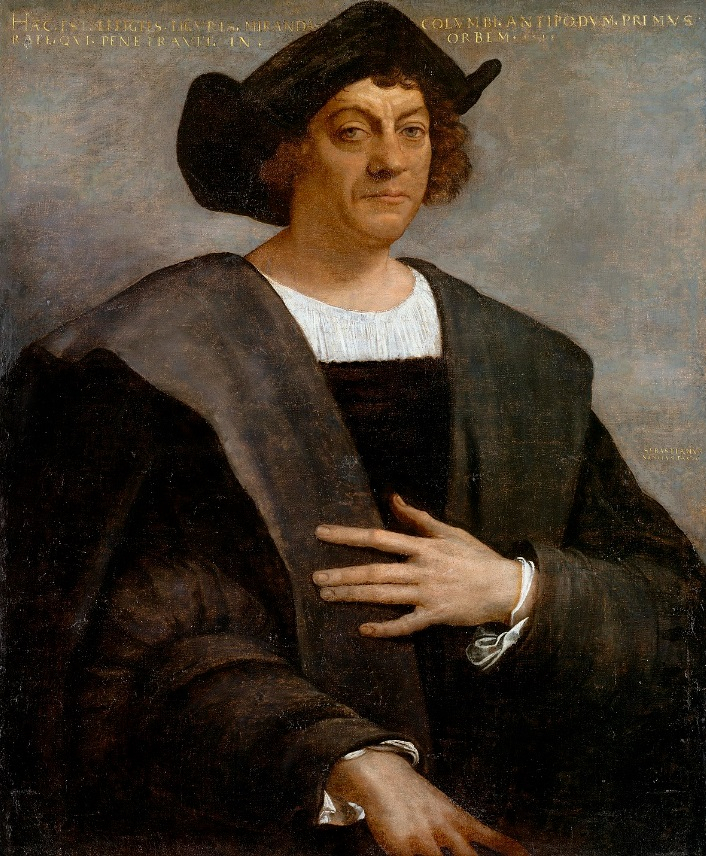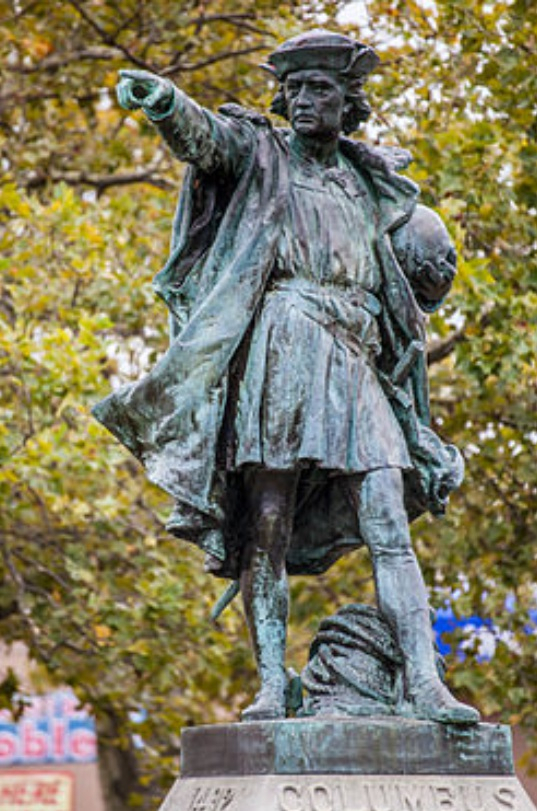Genetic testing has officially confirmed the final resting place of Christopher Columbus. Scientists who made the announcement also said they now know his ethnic background, although they have not revealed that information yet. This marks a major achievement for the team that has been working for years to unravel the truth.
Forensic medical expert José Antonio Lorente revealed on Thursday that the partial human remains, which are kept in an ornate catafalque at Seville Cathedral in Spain, do indeed belong to the controversial explorer. Lorente and his team of scientists from the University of Granada identified the remains using samples obtained from Columbus's son, Fernando, and one of his brothers.
Major Success

"Today, thanks to new technology, the previous partial theory that the remains in Seville are those of Christopher Columbus has been definitively confirmed," Lorente said at a press conference.
Columbus died in what is now Spain in 1506, but he reportedly wished to be buried on the island of Hispaniola, which comprises modern-day Haiti and the Dominican Republic.
His remains were said to have been transported there in 1542. It is believed that all or some of his remains were later moved to Cuba in 1795 and subsequently to Seville in 1898, following Spain's loss of Cuba during the Spanish-American War.
For the last century, experts have debated whether Columbus's complete remains were relocated to Seville for his official burial site or if some or all of them remained unofficially in the Dominican Republic.
In 1877, an excavation at the Santo Domingo Cathedral in the Dominican Republic unearthed a small lead box containing incomplete bone fragments labeled as Columbus's.
According to Lorente, those remains—currently interred at the Columbus Lighthouse in Santo Domingo Este—might also belong to the explorer, as the set of remains in Seville is also incomplete.
It remains unclear whether testing will be conducted on the remains in the Dominican Republic.
DNA Solves Mystery

When questioned about Columbus's genetic background, the scientist was evasive regarding the findings of the DNA tests. Columbus is famously known for his voyage to Spain in 1492, but historians have debated the accuracy of the original claim that he originated from Genoa, Italy.
Over the years, experts have suggested that Columbus may have been a Spanish Jew or potentially of Greek, Basque, or Portuguese descent.
These findings will be presented in a documentary titled "Columbus DNA: The True Origin," set to air on the Spanish national broadcaster TVE on Saturday. Lorente described the investigation as "very complicated" while hinting at the upcoming revelation.
"There are some really important results – results that will help us in multiple studies and analyses that should be evaluated by historians," he said, according to the Guardian.
Columbus is honored with a federal holiday in the U.S. on the second Monday of October each year, although this recognition is not without its controversies.
For centuries, he was credited with "discovering America," but historians have largely refuted this claim, saying that he reached the Bahamas and other parts of the Caribbean, rather than what is now the United States.
Critics argue that he enslaved indigenous people and that his voyages brought devastating diseases to their communities.
Nonetheless, some Italian-Americans believe that his daring explorations paved the way for European settlement of the Americas and should be celebrated for that reason.
To address both perspectives, the US now recognizes Indigenous Peoples Day on the same date as Columbus Day.









